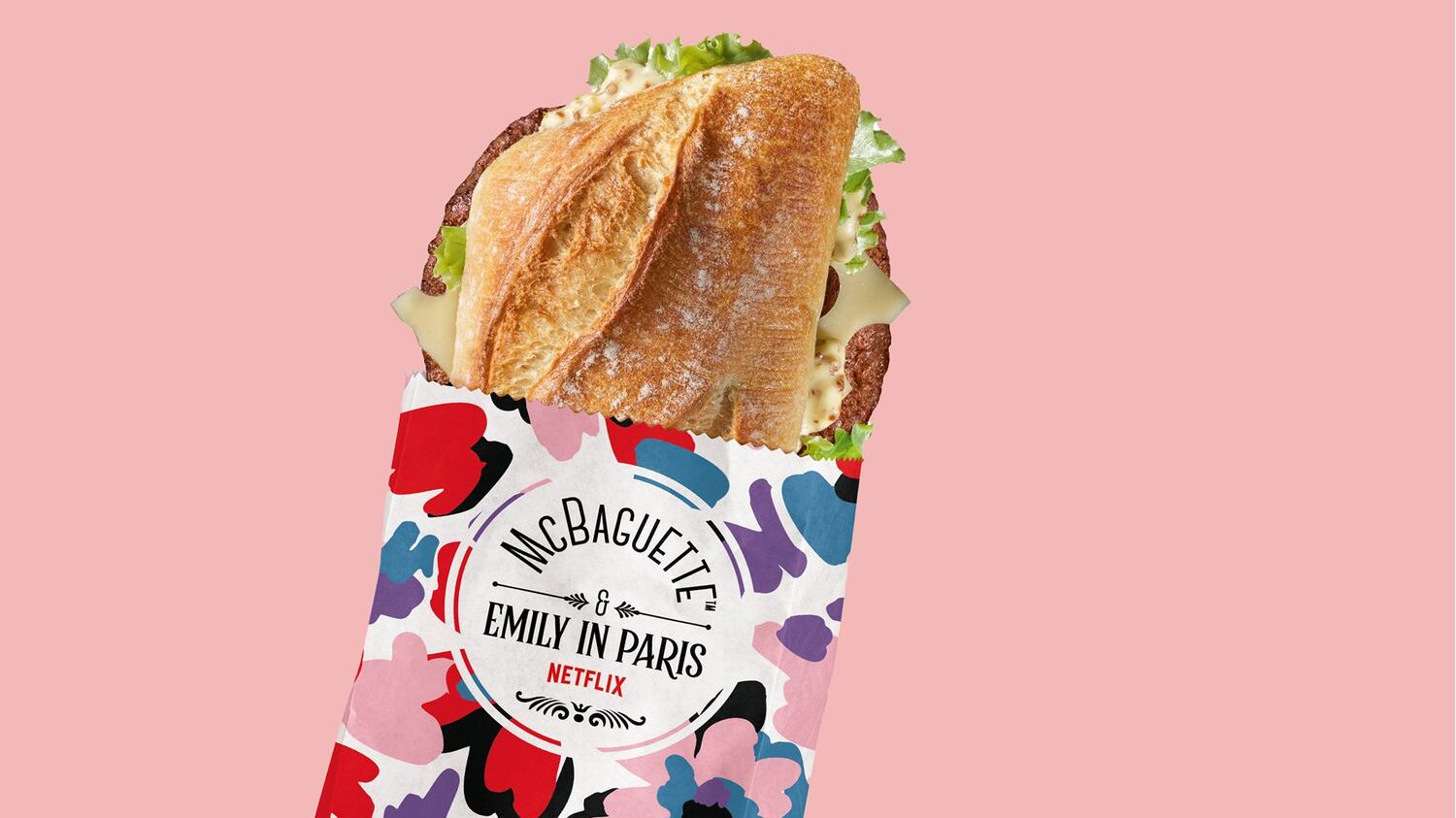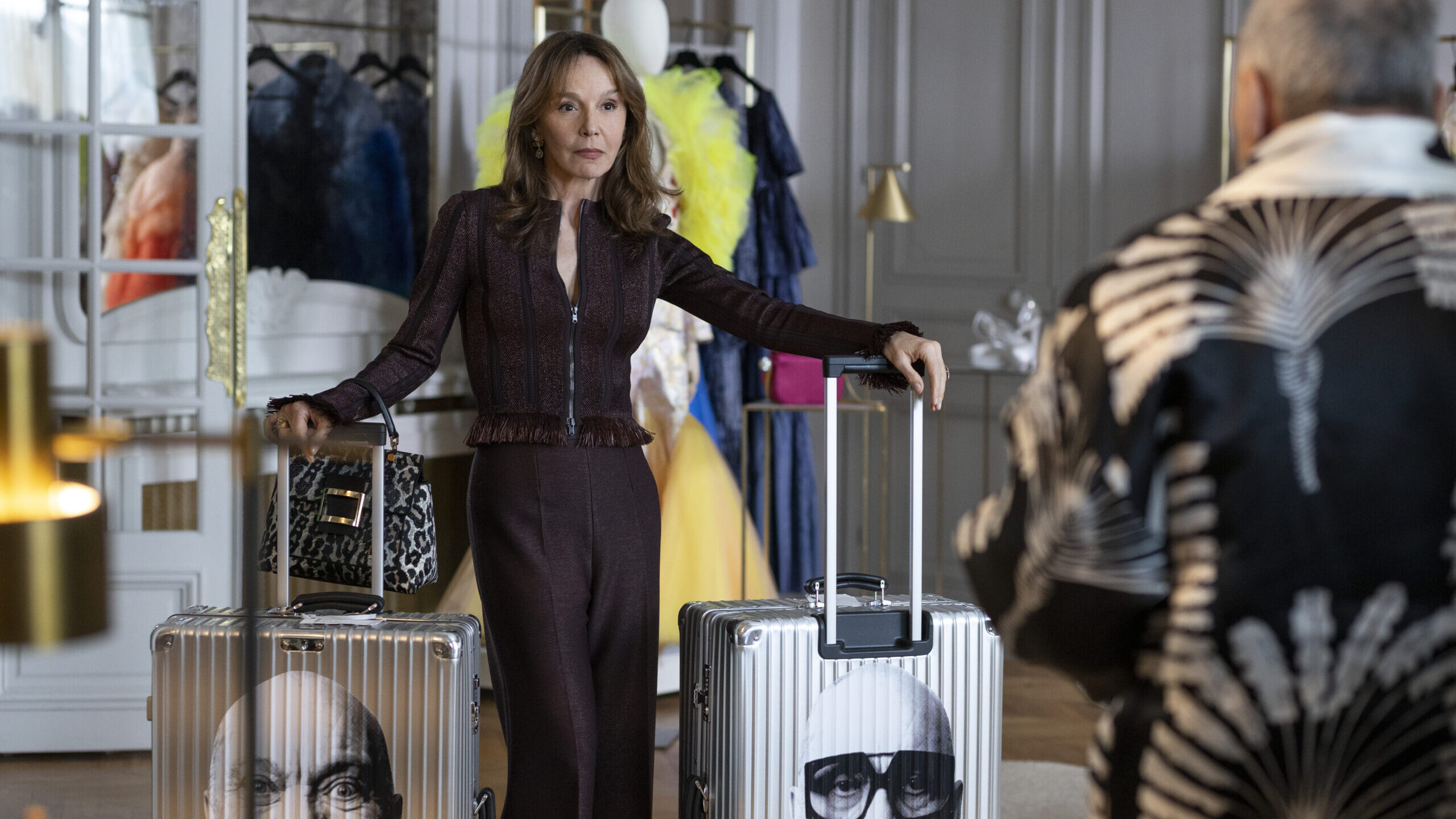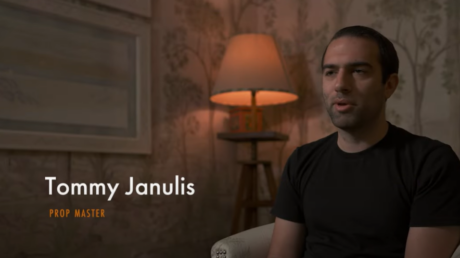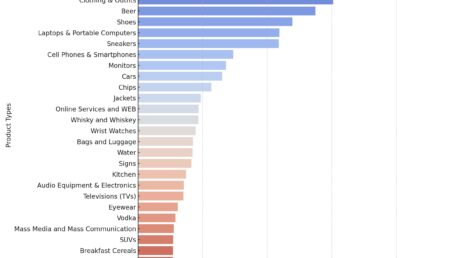As well as its upbeat characterization of life in France, Netflix’s Emily in Paris is known for the strength of its product placements. Two notable brands that have featured in the show are a rare appearance for the well-known luxury luggage brand Rimowa, and a feature for the little-known Belgian pet food company Edgard & Cooper, which we will look at later.
But first, we need to talk about how successful the show has been in connecting with viewers. It’s evident that its combination of romance, drama, and Paris has struck a chord with Netflix subscribers. Data from YouGov Stream records just over 466m views of the show in the US alone since its first season aired in October 2020, with the show also converting over 163k US subscribers to Netflix during that time.
The data shows that US fans of Emily in Paris are avid – 71% have binged the title at one point or another, while 73% of viewers who start a season of the show go on to finish it. It’s this kind of fanship that has allowed the show to get creative with activations. These have included its work with McDonald’s to create the real-life version of the “McBaguette”, a limited edition sandwich from Season 3 of the show that Emily helps McDonald’s brand as “un petit plaisir” (a little pleasure).

However, as well as placements for large multinationals, season two of the show featured the luxury luggage brand Rimowa. The brand saw plenty of screen time during the first three episodes of the season as the brand “collaborated” with Pierre Cadeaux, an eccentric fashionista character who employs Emily’s luxury marketing agency, Savoir, to represent his fashion house.
YouGov PQS analyzed the exposure received by Rimowa across these episodes and found it has so far delivered a total Net Placement Value (NPV) of $1.4 million in the US alone, and $3.4 million across the eight YouGov Stream markets (US, UK, France, Italy, Germany, Spain, Australia, and Canada). This valuation is only a snapshot of where things currently are; the show is set to release a fourth season and because viewers have a tendency to go back and rewatch previous seasons in anticipation of new releases, this number is only set to rise.
Because we collect a lot of data on placements, we can also look at this exposure in more granularity. In this instance, we know that the exposure of the Pierre Cadault XL Trunk drove $2 million of Rimowa’s $3.4 million of NPV, with the product appearing on screen for an average of just under three seconds per exposure, and that its most valuable exposure was a 10-second burst in episode one that drove an NPV of $216,346.
The brand’s NPVs are driven by a combination of strong reach and quality exposure. To date, episode one of season two has secured an audience of 54.8 million across our eight tracked markets. But to convert the high gross valuation that this kind of reach provides takes a high Placement Quality Score (PQS), which runs on a scale between 0.00 and 5.00. Rimowa’s average PQS was 4.23, which is a very high score.
The biggest driver of the brand’s PQS for Emily in Paris was what we call “Positive Association”. This is a component of the model that takes into account the context of the brand’s appearance and how it makes the brand appear to viewers.
Brands featured in Emily in Paris are especially suited to driving high Positive Association scores because an affiliation with the show’s characters comes with the implicit messaging that if Savior is representing the brand, it must mean that the brand is top of the line and highly desirable.
The fact that Emily represents these brands for her work, solving their problems and bringing them along with her on her journey, also means that the product placements feel natural. The plot lends itself nicely to active product placements that help develop the story of the show as Emily matures in her career. The show is the perfect recipe for the right product placements.
But it’s not just big brands that have benefited from exposure in Emily in Paris. Season three featured the small Belgian pet food brand Edgard & Cooper, for whom Emily makes an Instagram filter allowing people to “look like their pets”. When her boss fails to remove the filter before an important meeting, Emily sees her boss’s reaction and decides she doesn’t want to work for the company anymore. While no Edgard & Cooper products are shown, there are several verbal mentions for the brand along with its logo featuring on a presentation related to the Instagram activation and so the brand was front and centre in the facilitation of this crescendo of the season.
A spokesperson from Edgard & Cooper said “we fell out of our seats” when learning of the feature. This makes sense as the brand received $712,897 of free Net Placement Value. Audience insights from YouGov PQS reveal that 31% of US viewers of Emily in Paris shop for pet food up to three times a month, demonstrating the potential brand-building value of this exposure amongst key demographics.
YouGov is an international online research data and analytics technology group with over 24 million registered panelists worldwide. Its latest product, YouGov PQS, focuses specifically on helping the product placement industry to understand and value its presence in streaming shows.
YouGov PQS unlocks new possibilities for the product placement industry. It combines a proprietary scoring model with streaming audiences to value product placements, as well as providing insights into the beliefs, habits, and opinions of the audience.
Productplacement.com will be regularly publishing YouGov PQS data, giving insights into the performance of some of the most notable recent product placements to hit streaming platforms. ProductPlacement.com is not affiliated with YouGov. Information is provided for educational purposes only and does not constitute endorsement.




